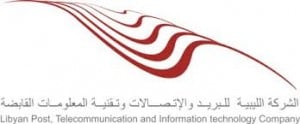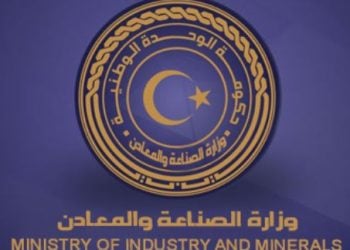By Sami Zaptia.

Tripoli, 18 September 2016:
The Libyan Post, Telecommunication and Information Technology Holding Company (LPTIC) has won the fourth mobile phone operating licence in the Ivory Coast.
This had come about as a result of a decision by the Ivorian state’s desire to restructure the telecoms sector, and particularly the mobile sector, by limiting the number of operators to only four.
LPTIC’s operating licence in the Ivory Coast had also expired and was due for renewal. The three other Ivorian operators who had won the other three operating licences were Orange, MTN and Moov. In March the Ivorian authorities had withdrawn the operating licences of three other operators.
It will be recalled that, as part of the restructuring of the telecommunications investment in Africa last August, ownership of the Ivory Coast subsidiary LAP GreenN was transferred from the Libya Africa Investment Portfolio (LAIP) to LPTIC.
LPTIC was aiming to secure the renewal of the Ivorian license to the new universal integrated telecom license on offer in order to upgrade and provide new services.
This LPTIC had said, was part of a comprehensive strategic plan developed by it to improve and develop its Ivorian subsidiary. LPTIC had presented its new plan to the Ivorian authorities back in January of this year.
LPTIC chairman Faisel Gergab, had held a meeting with the Minister of Telecommunication and Information Technology of Ivory Coast, Koné Bruno, at the headquarters of the ministry in the Ivorian city, Abidjan in January this year. A number of other meetings had been held with the Ivorian authorities since, LPTIC reported.
Operational and regulatory challenges facing the LPTIC’s subsidiary and a comprehensive action plan were discussed and presented to the Government of the Ivory Coast aimed at restructuring the company and improving its competitive position in the local market, LPTIC had explained.
It will be recalled that in 2012, Zambia seized LAP GreenN’s telecoms investments (Zamtel), a move that Libya is appealing at the Zambian High Court. LAP GreenN also succeeded in regaining control of its telecoms investment in Uganda (Utl) in March 2012 after it paid its outstanding debts accrued during the 2011 revolution.
Meanwhile, in August 2015, the Ivorian government had agreed to a LAP GreenN plan to consolidate the four weakest operators – including LAP GreenN Ivory Coast – into one company in return for an increased shareholding to the Ivorian government.
The increased shares were in order to compensate the money owed by LAP GreenN Ivory Coast to the Ivorian government in licence and other fees.
LAP, the previous owner of LAP GreenN has investments valued at US$ 5 billion, and is a subsidiary of the Libyan Investment Authority (LIA), Libya’s main sovereign wealth entity, with investments valued at US$ 67 billion.
LPTIC owns all the main state telecommunications companies in Libya including the two main state mobile operators Libyana and Al-Madar, the main state internet provider Libya Telecom and Technology (LTT), Aljeel, International Telecommunications Company, Hatef Libya and the real estate investment company Alboniya.
Speaking to Libya Herald on strict conditions of anonymity, sources admitted that they were pleasantly surprised that the Ivorians had decided to grant LPTIC the fourth licence.
After all, LPTIC, like LAP, were struggling to convince the Libyan government to pump any more money into the Ivory Coast subsidiary in order to pay outstanding licence fees and other debts and to restructure and upgraded in line with the Ivorian demands. It was therefore thought more likely than not that LPTIC would fail to win a new Ivorian operating mobile phone licence.
Commenting on the Ivorian award of the fourth licence to LPTIC, Chairman Faisal Gergab, said, “We are pleased that LPTIC has been awarded the fourth universal license in Ivory Coast. The Ivorian market is one of the largest and fastest-growing in Africa’’.
‘‘Furthermore, this license will allow LPTIC to broaden its horizons by entering fast-growing emerging markets. It will also provide LPTIC with a solid foundation to strengthen its presence and expertise in order to improve services and achieve commercial benefits. Consequently, LPTIC is well positioned to play an instrumental role in the socio-economic reform of Libya’’.






